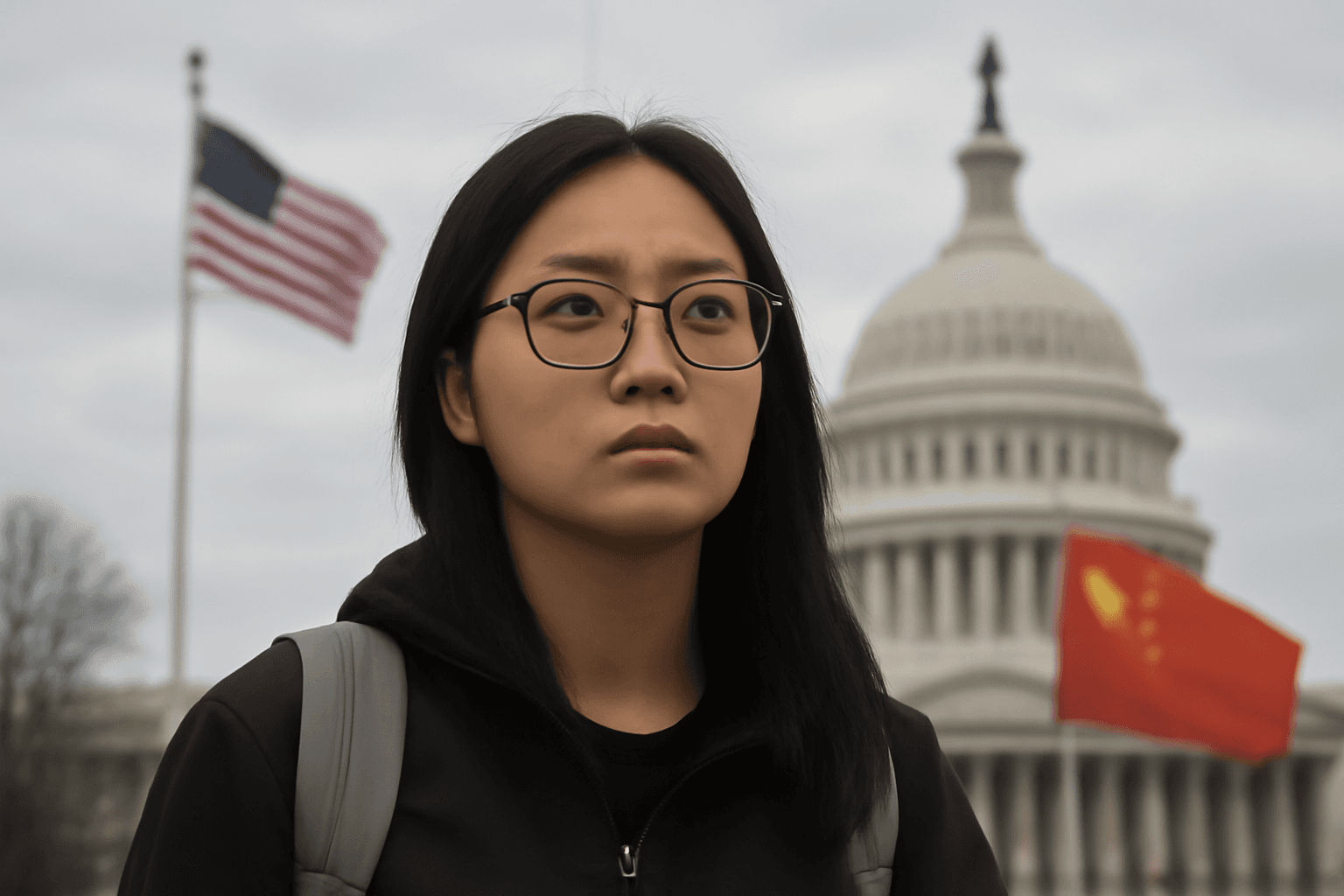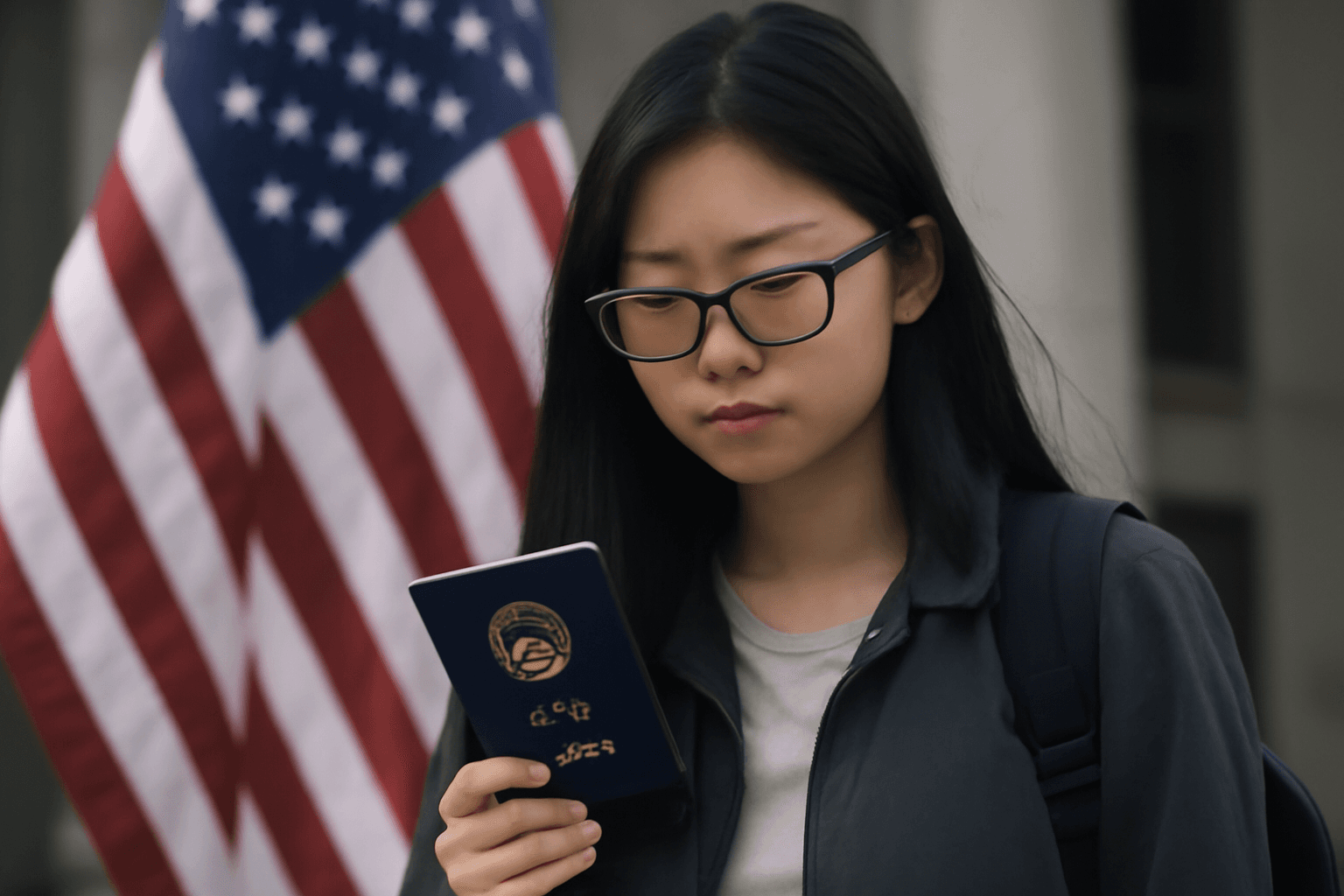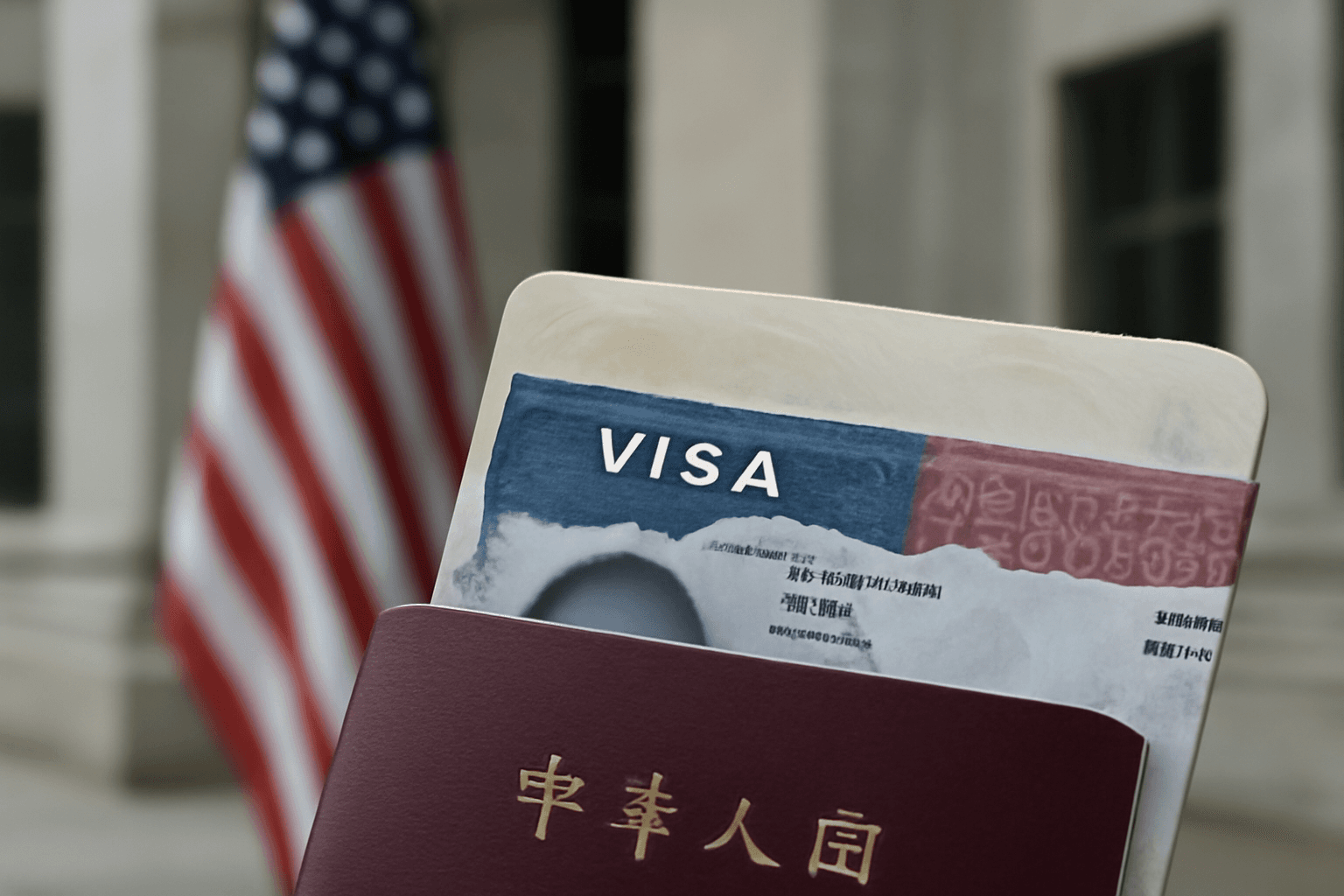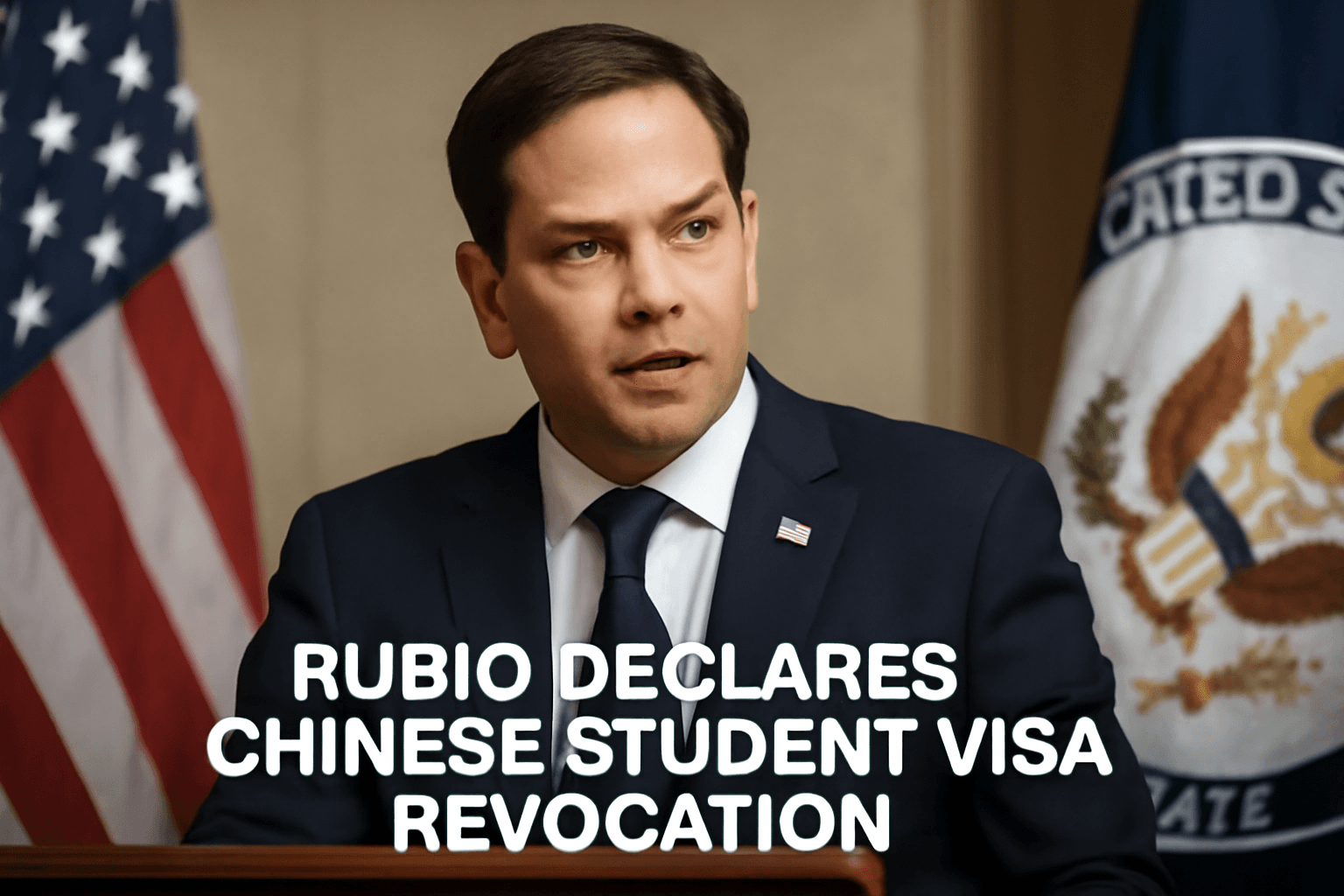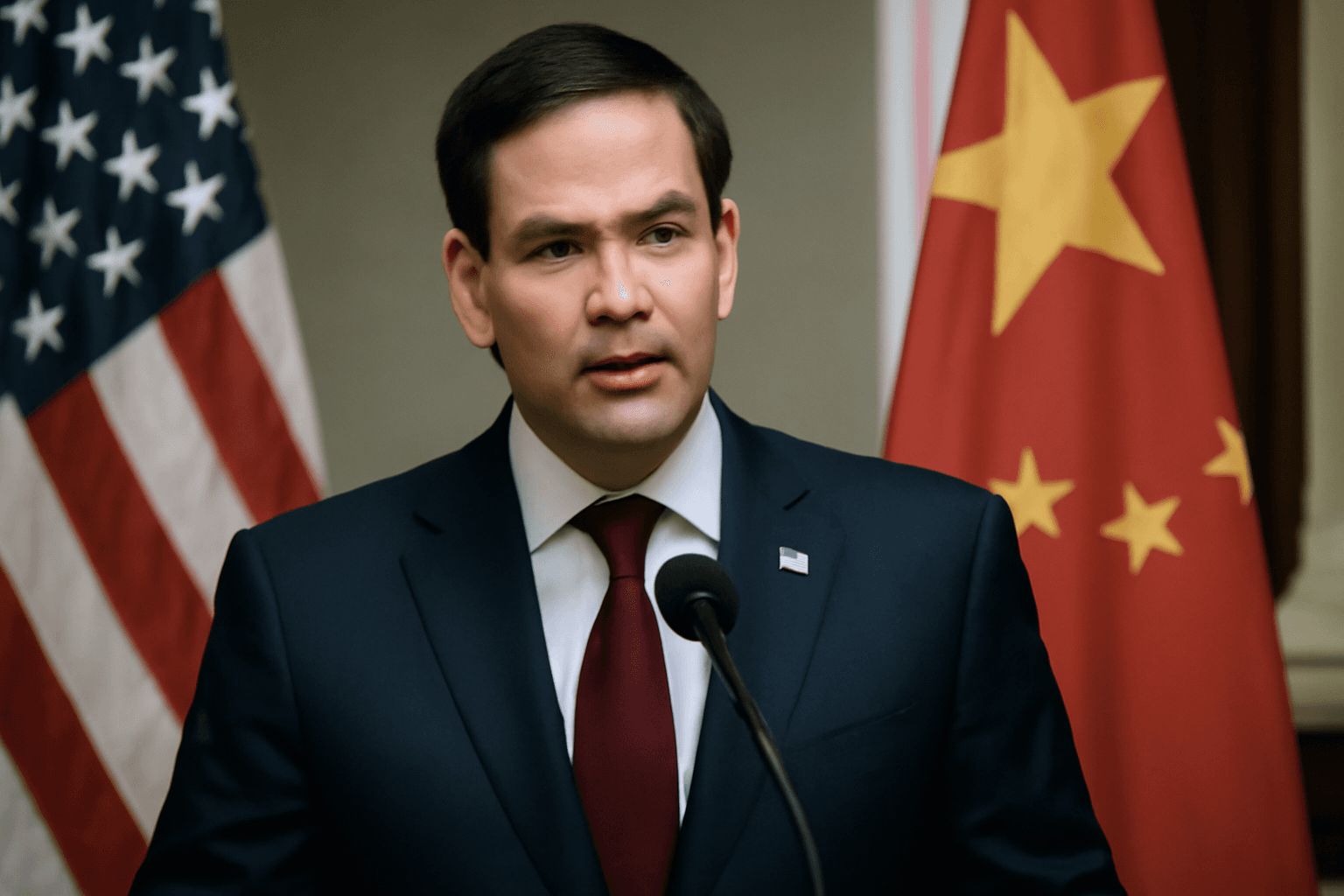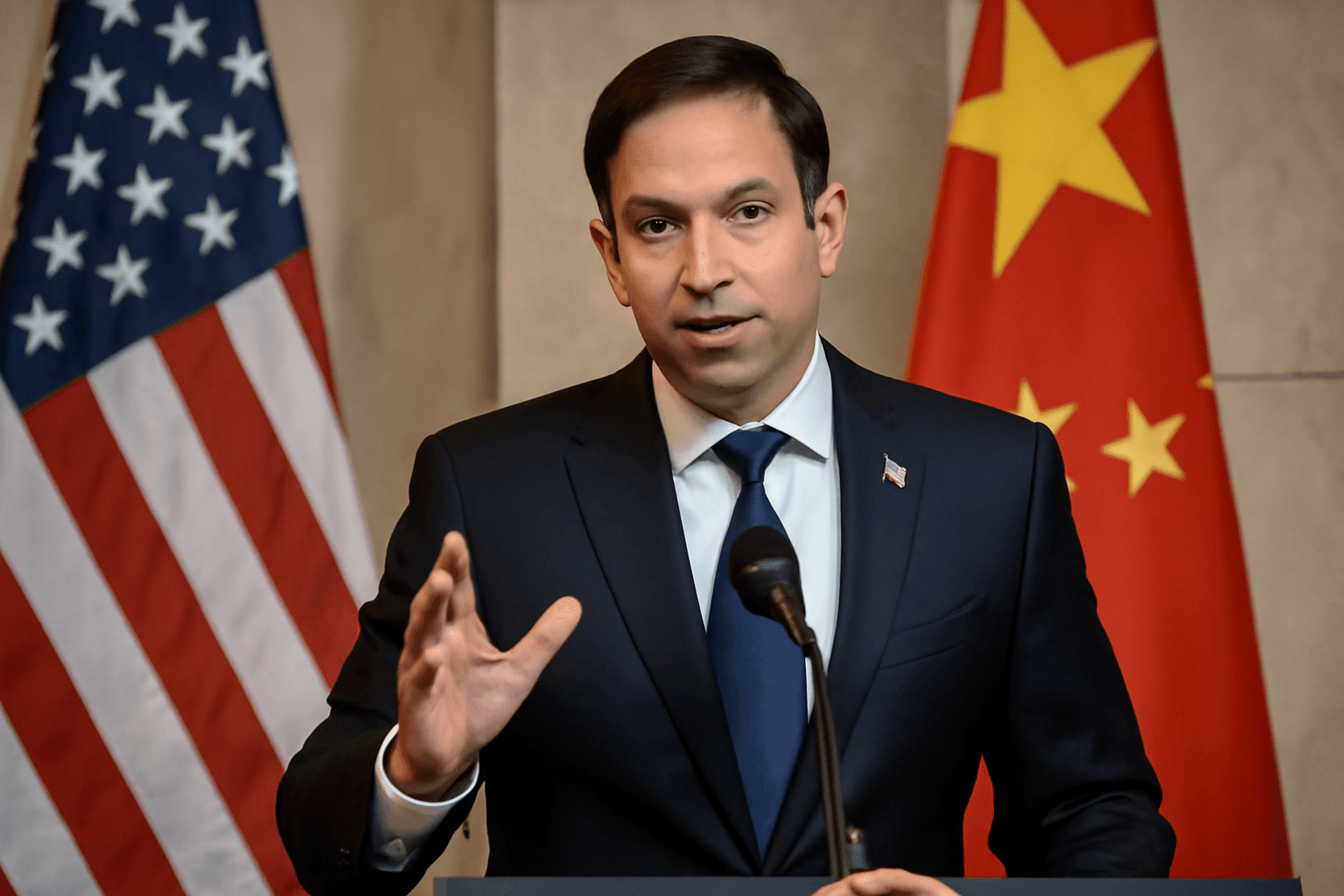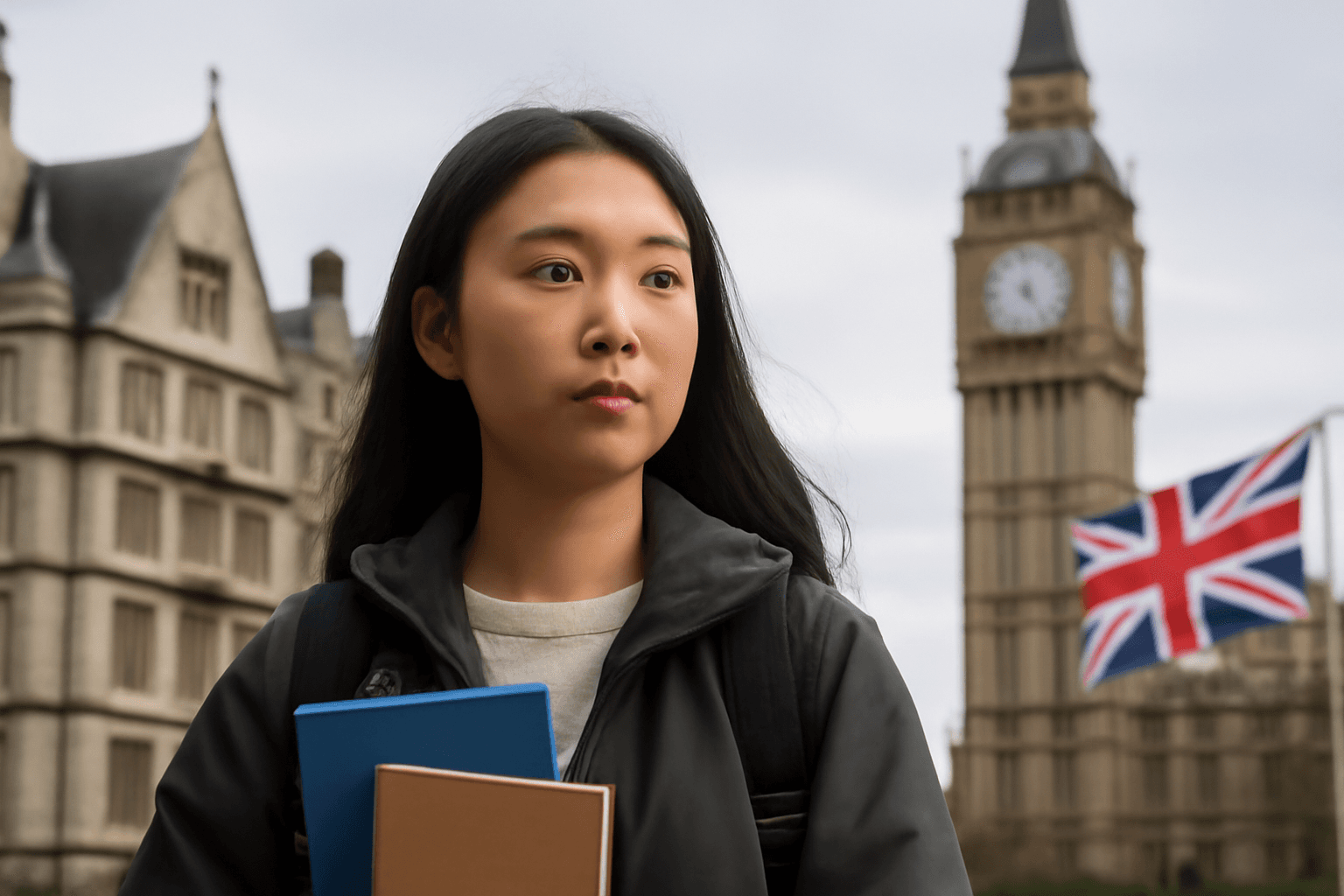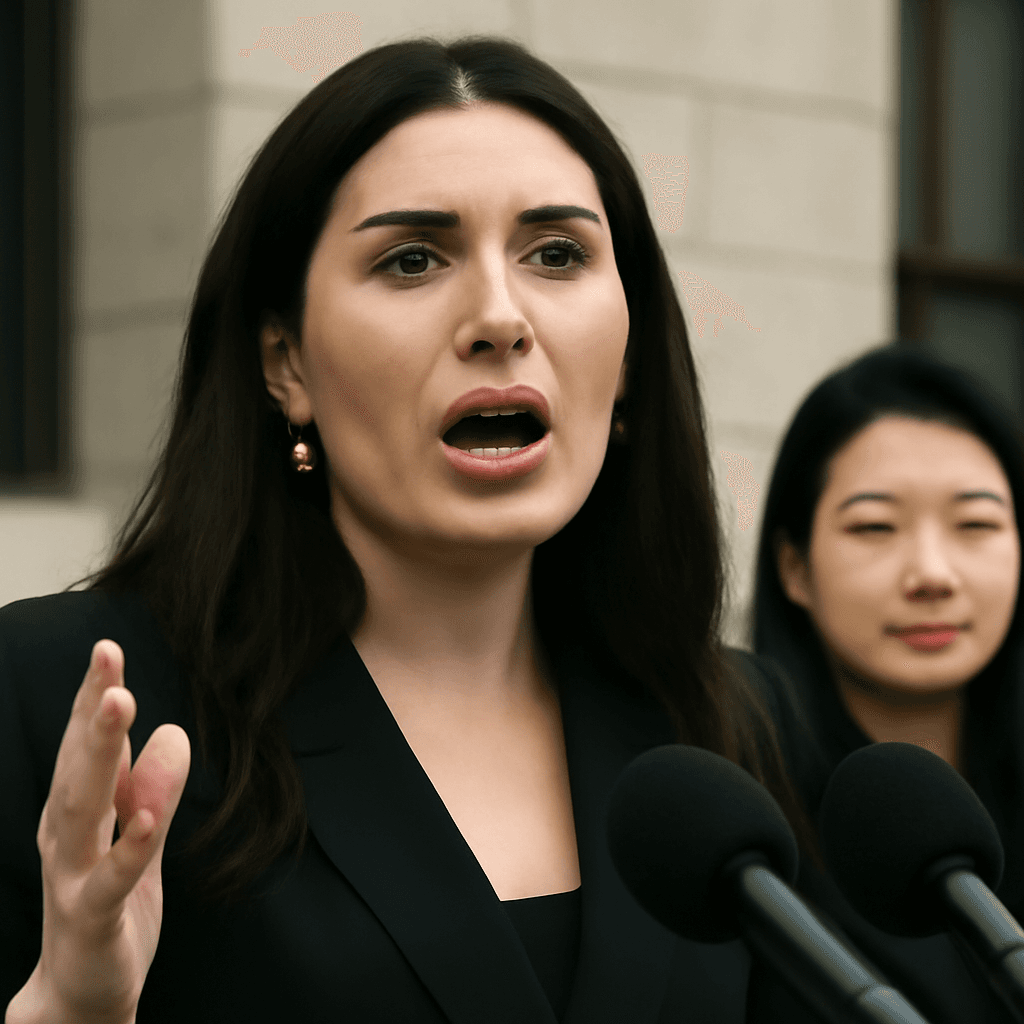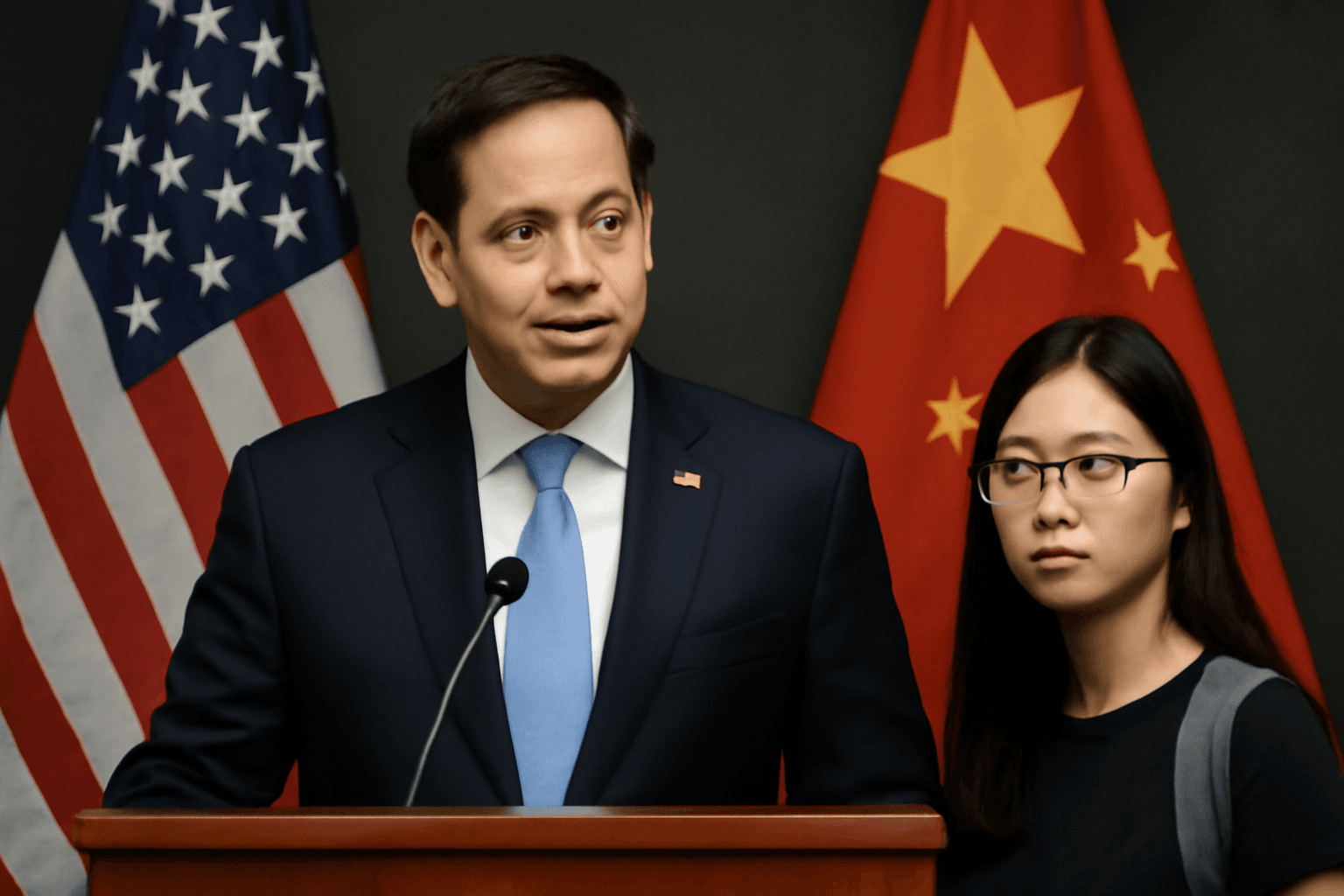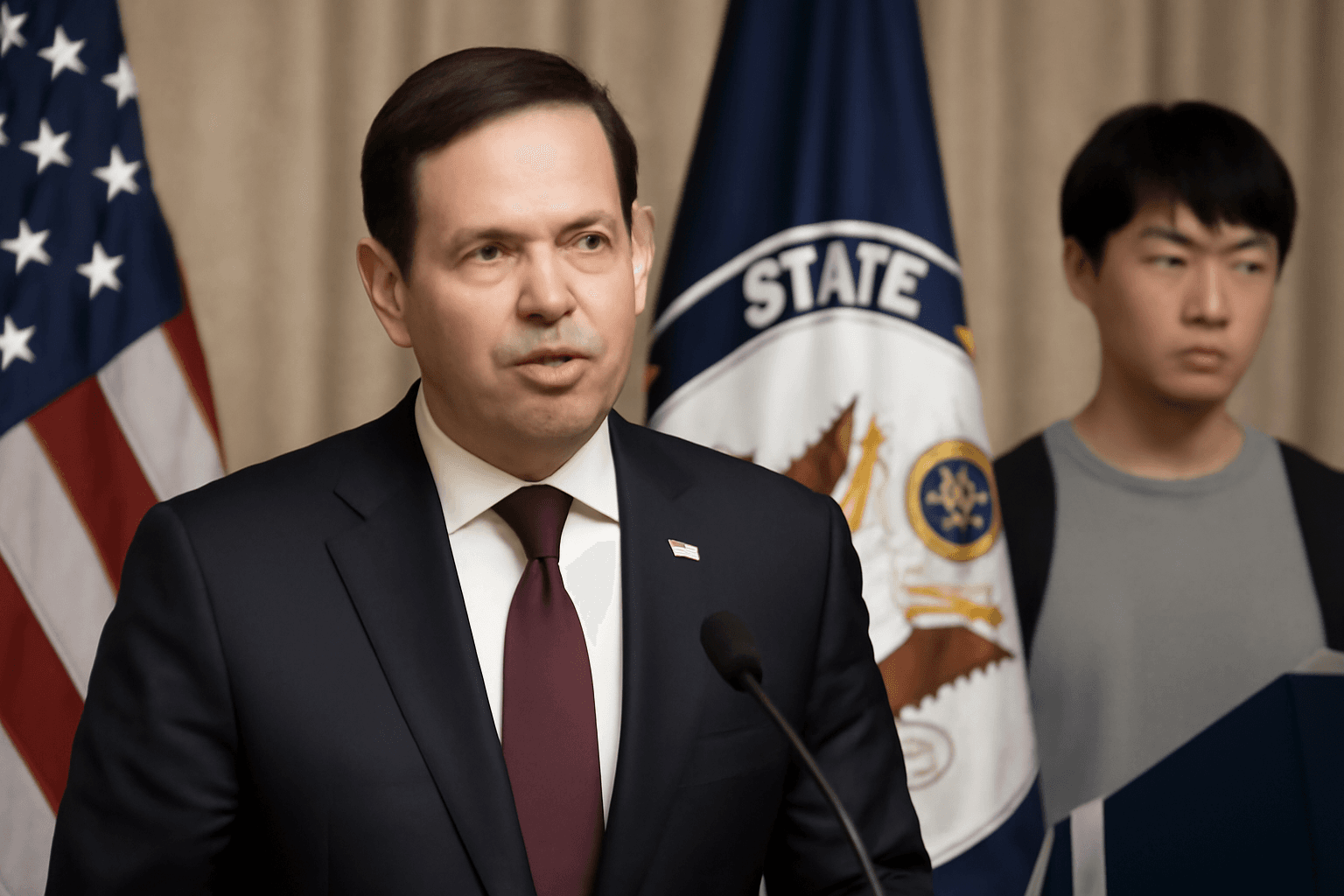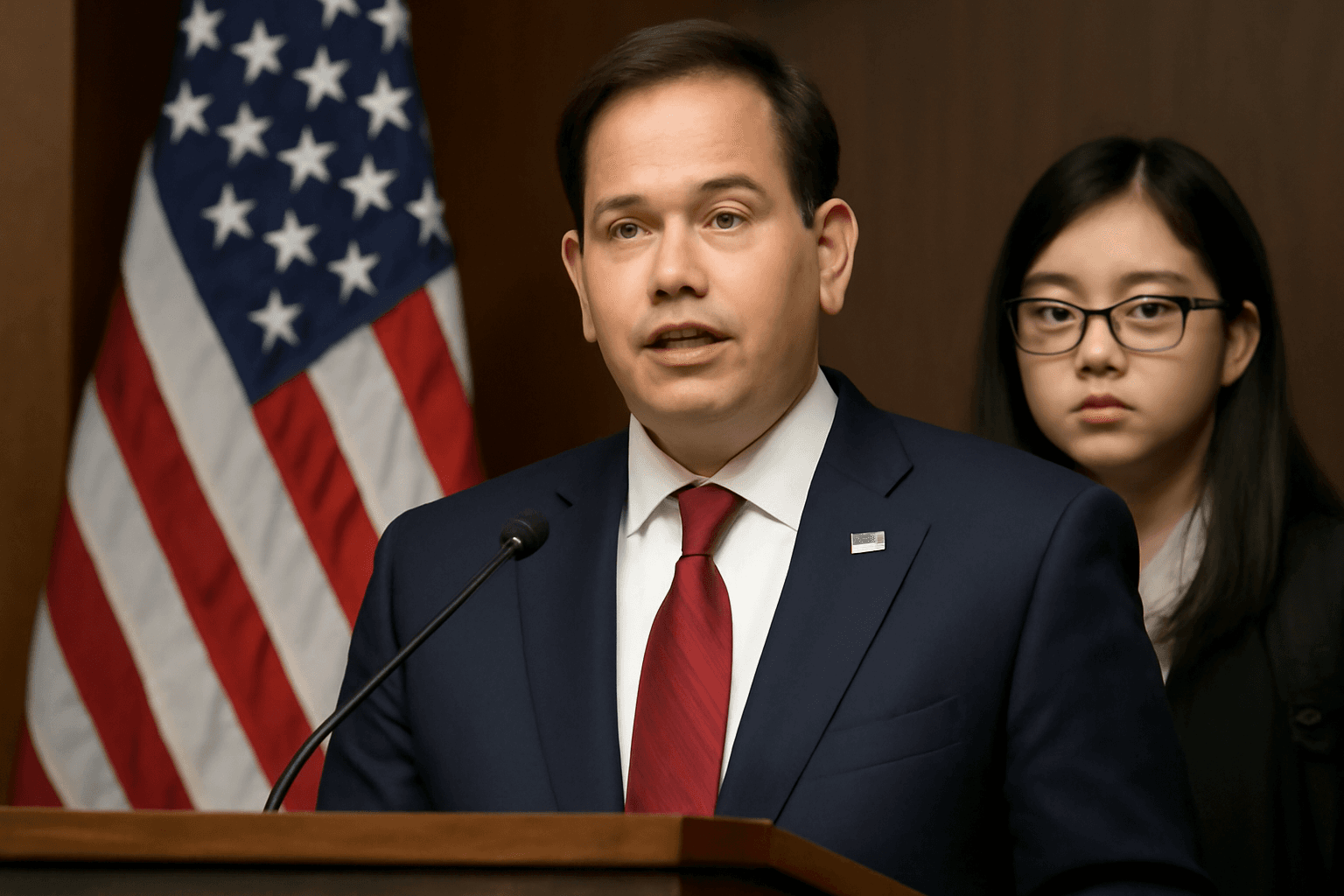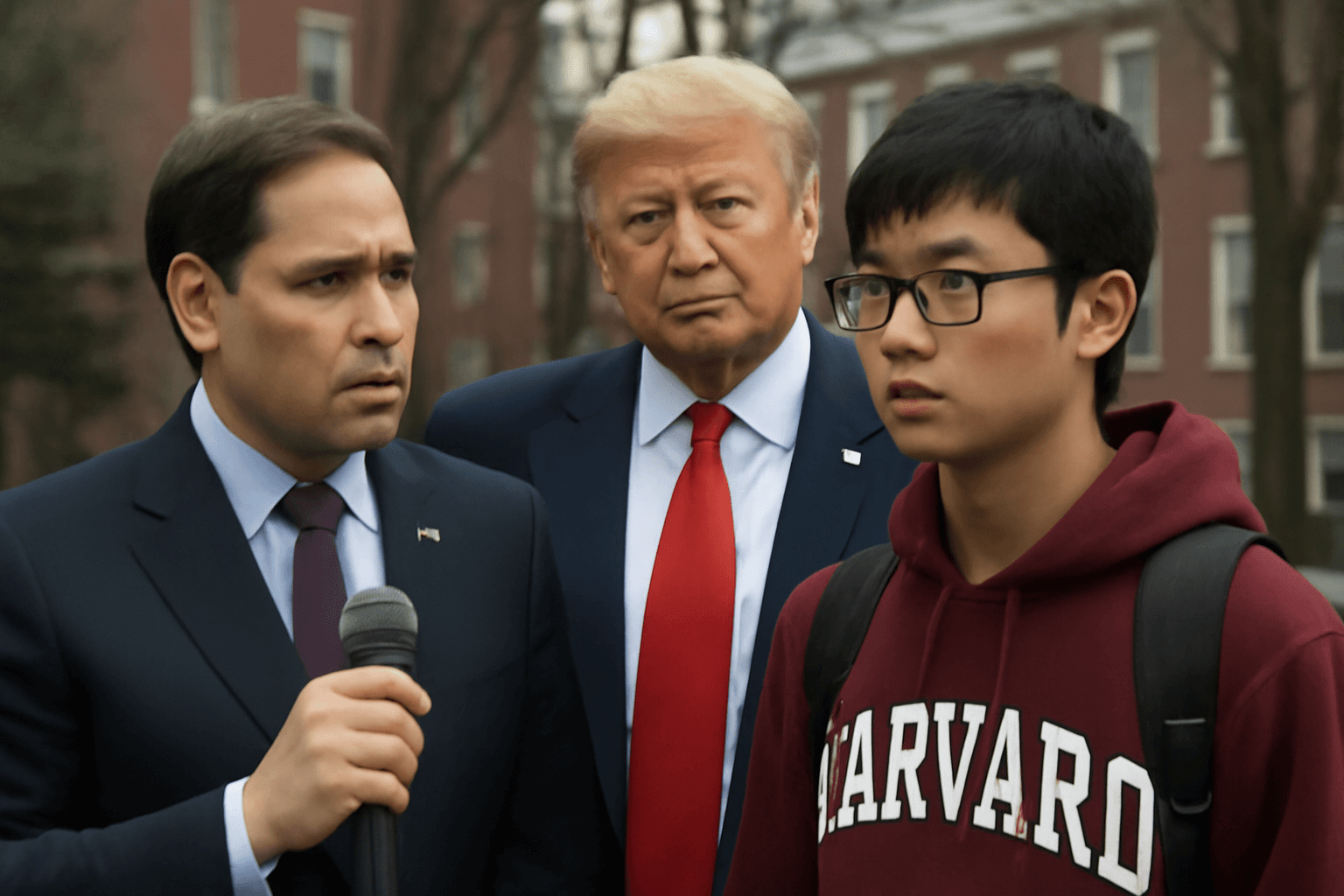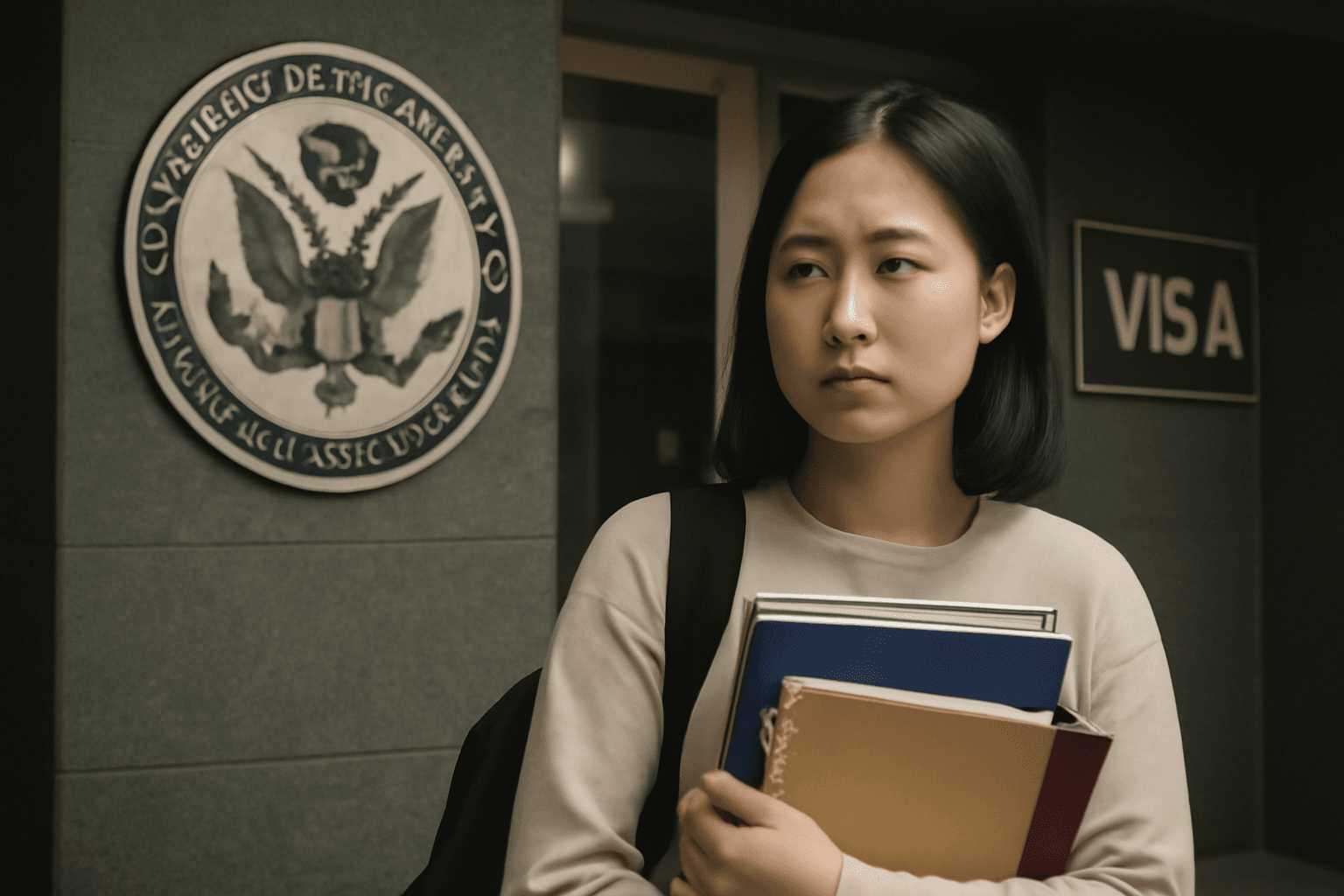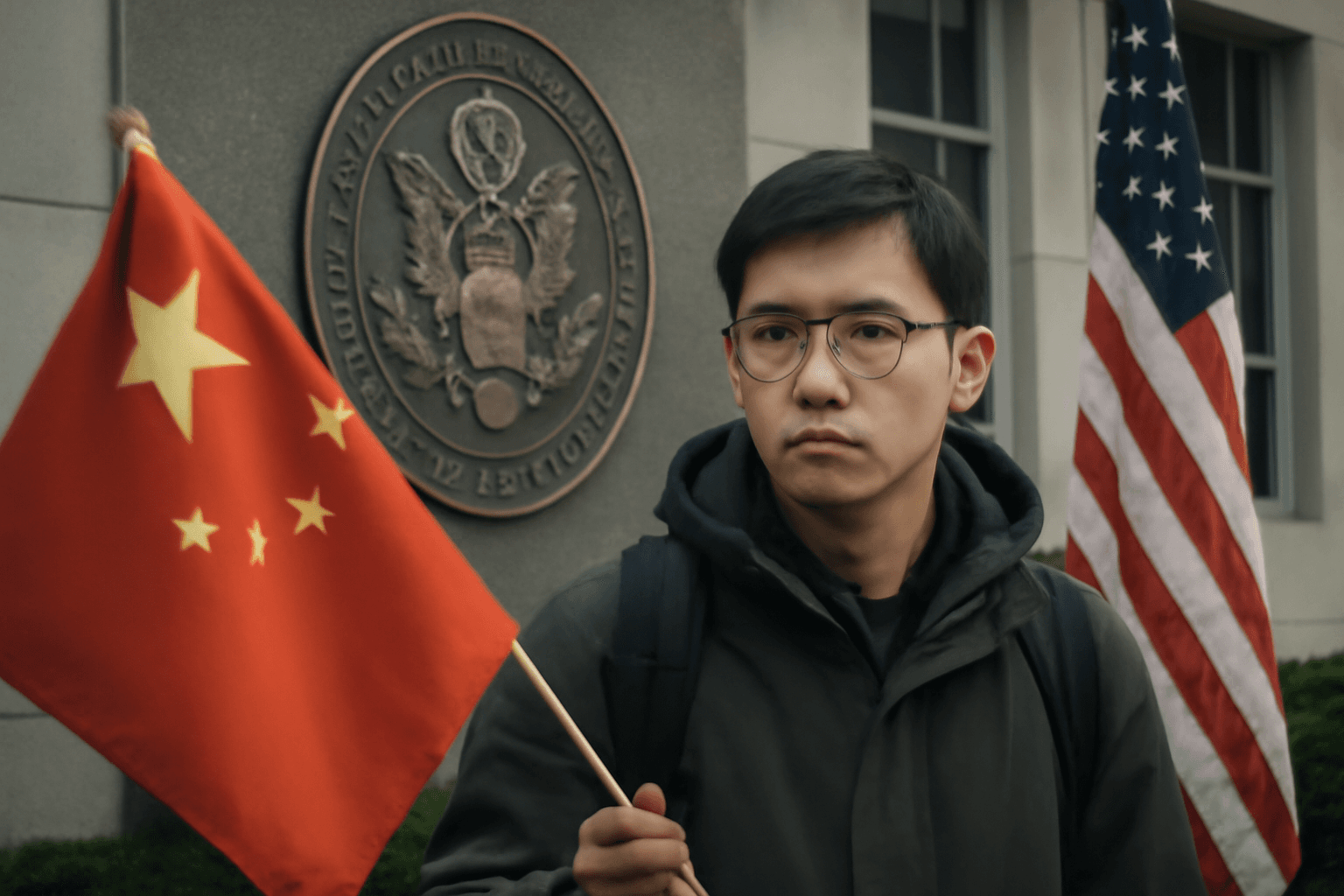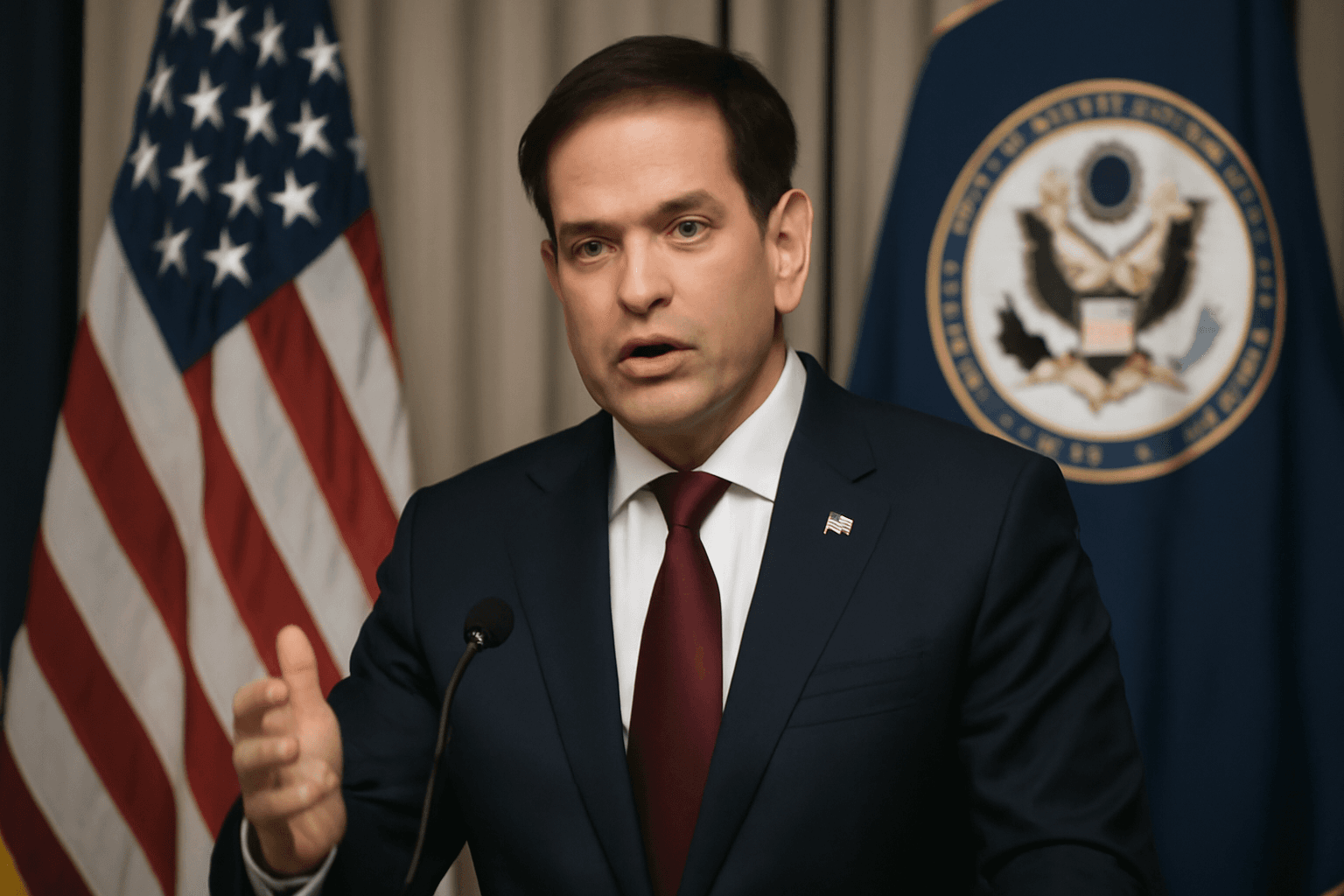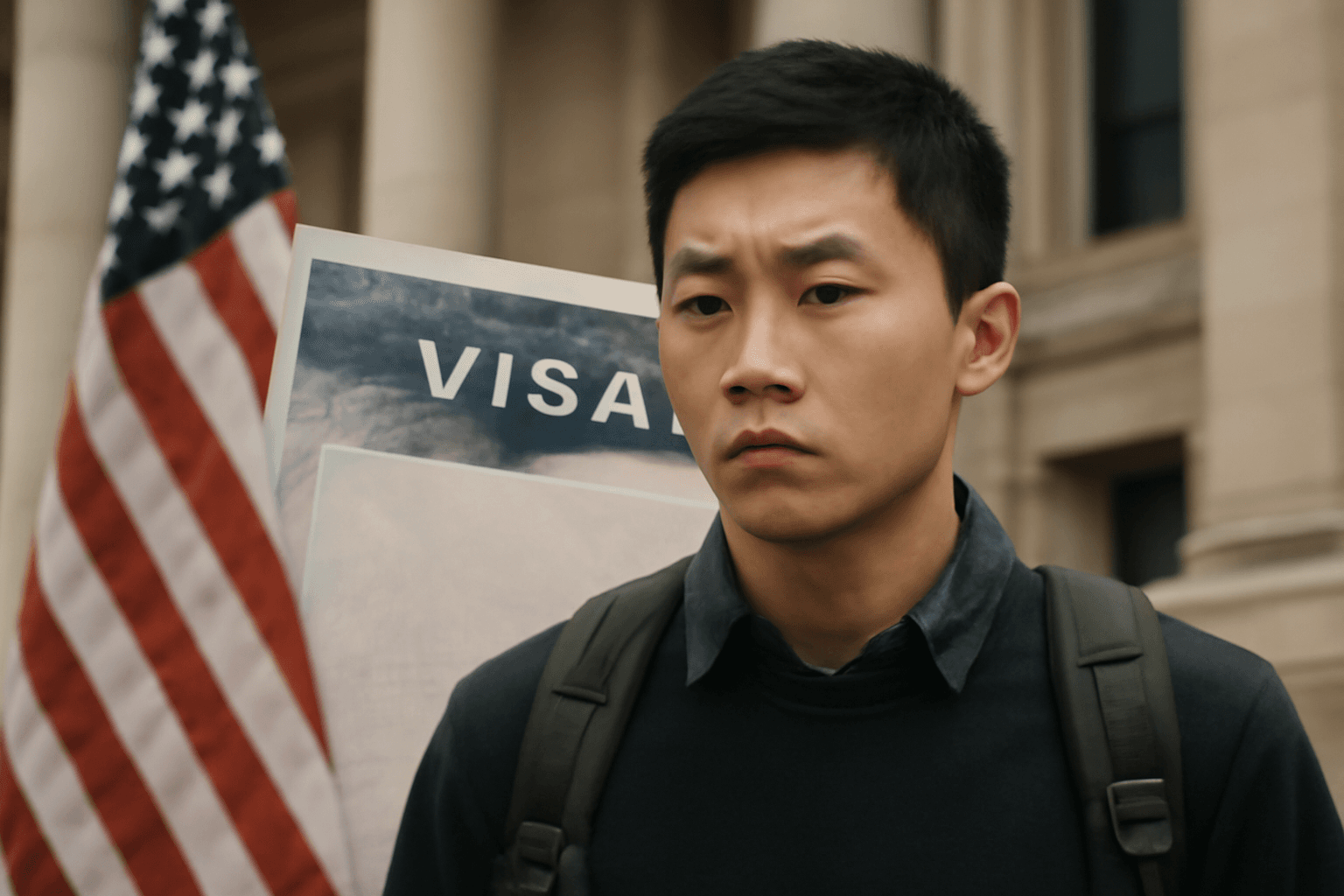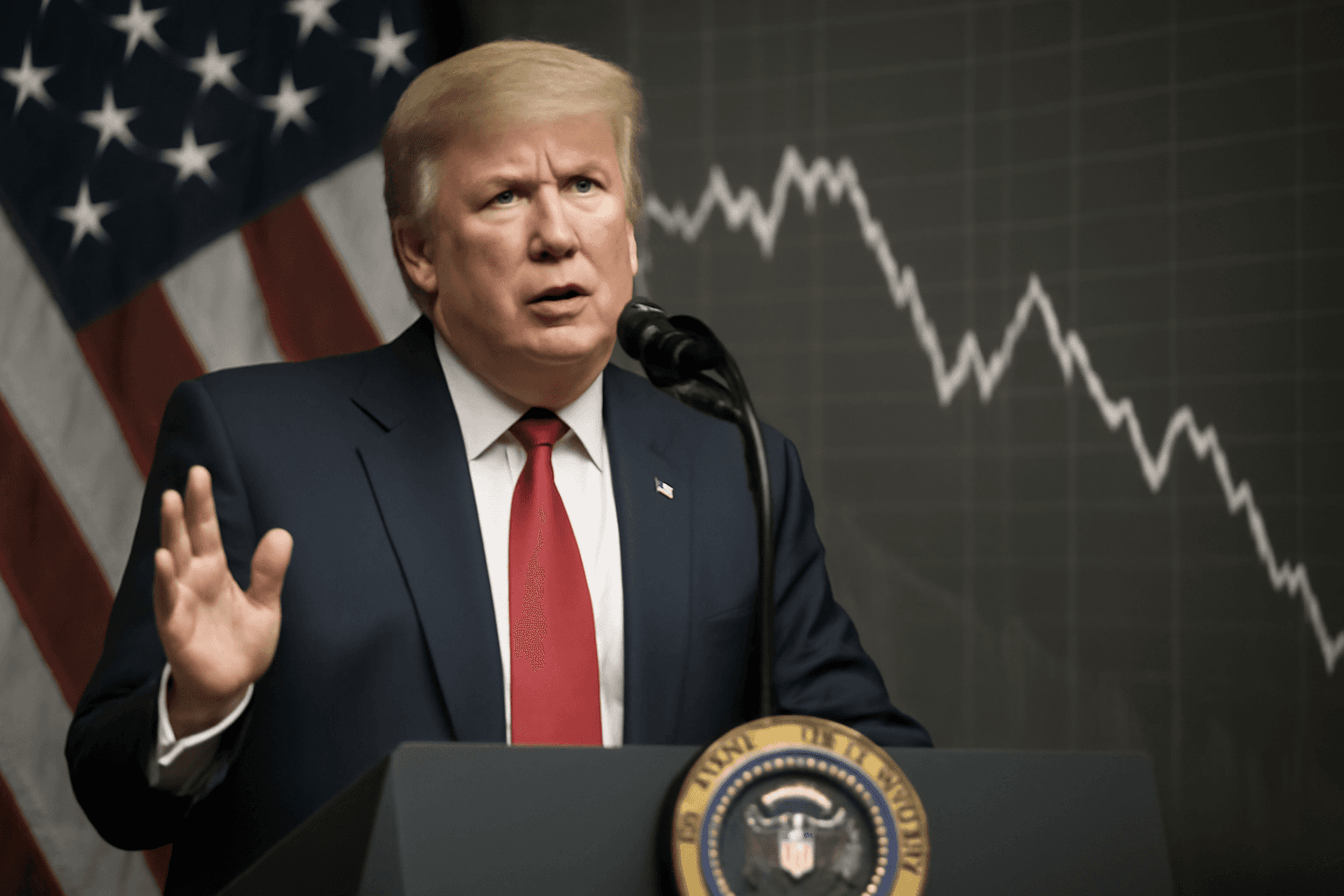The United States government has announced plans to revoke visas for certain Chinese students studying in the country. Secretary of State Marco Rubio stated that this measure targets students in "critical fields" and those with connections to the Chinese Communist Party. This move has generated significant apprehension among the Chinese student community in the US, prompting fears of discrimination and uncertainty about their academic futures.
China currently ranks as the second-largest source of international students in the United States, with over 270,000 students enrolled in the 2023-2024 academic year, representing about 25% of the total international student population.
Many Chinese students perceive the new policy as reminiscent of a "Chinese Exclusion Act." For instance, Linqin, a student at Johns Hopkins University, expressed his distress, marking the announcement as the first time he has contemplated leaving the US after spending much of his life there.
The presence of Chinese students in the US has long been a sensitive issue in Sino-American relations. During former President Trump's administration, visa denials and rejections increased, with China issuing warnings to its students intending to study in the US. Additionally, reports surfaced of Chinese students facing heightened scrutiny and sometimes being sent back upon arrival at US airports. Chinese state media has frequently highlighted US social unrest and gun violence, portraying the country as unsafe for its citizens.
As a result of these tensions and the pandemic's impact, some Chinese students have opted to pursue education in countries like the UK rather than the US. Zou Renge, a public policy master’s student at the University of Chicago, indicated that she would modify her plans and remain in the US to seek employment rather than travel abroad amid the growing uncertainty.
Amid this climate, Hong Kong has positioned itself as an alternative destination for students affected by US policies. Hong Kong Chief Executive John Lee publicly welcomed students facing discrimination due to American visa restrictions, pledging university support to those seeking to transfer. The Hong Kong University of Science and Technology previously offered transfer assistance to Harvard students following visa concerns under the Trump administration.
Hong Kong has long been favored by mainland Chinese students due to its international reputation and relative autonomy. The city also introduced a visa scheme in 2022 to counteract an exodus of expatriates and professionals following the imposition of the national security law and COVID-19 disruptions. However, prospective students now face an evolving educational landscape and uncertain impacts on future applications.
Experts warn that reducing international student exchanges may negatively affect US innovation and global standing. Zhang Qi, a postdoctoral researcher in Beijing, suggested that China could benefit by retaining more talent domestically at prestigious institutions, potentially boosting national scientific and technological development.
Meanwhile, many students remain anxious about their personal situations. Chen, an incoming student at Purdue University currently in China, expressed disappointment, commenting that the US’s reputation for diversity and tolerance is being undermined by these policies.
This development marks a significant shift in US immigration and educational policy, with wide-reaching implications for international students, US-China relations, and global talent mobility.

